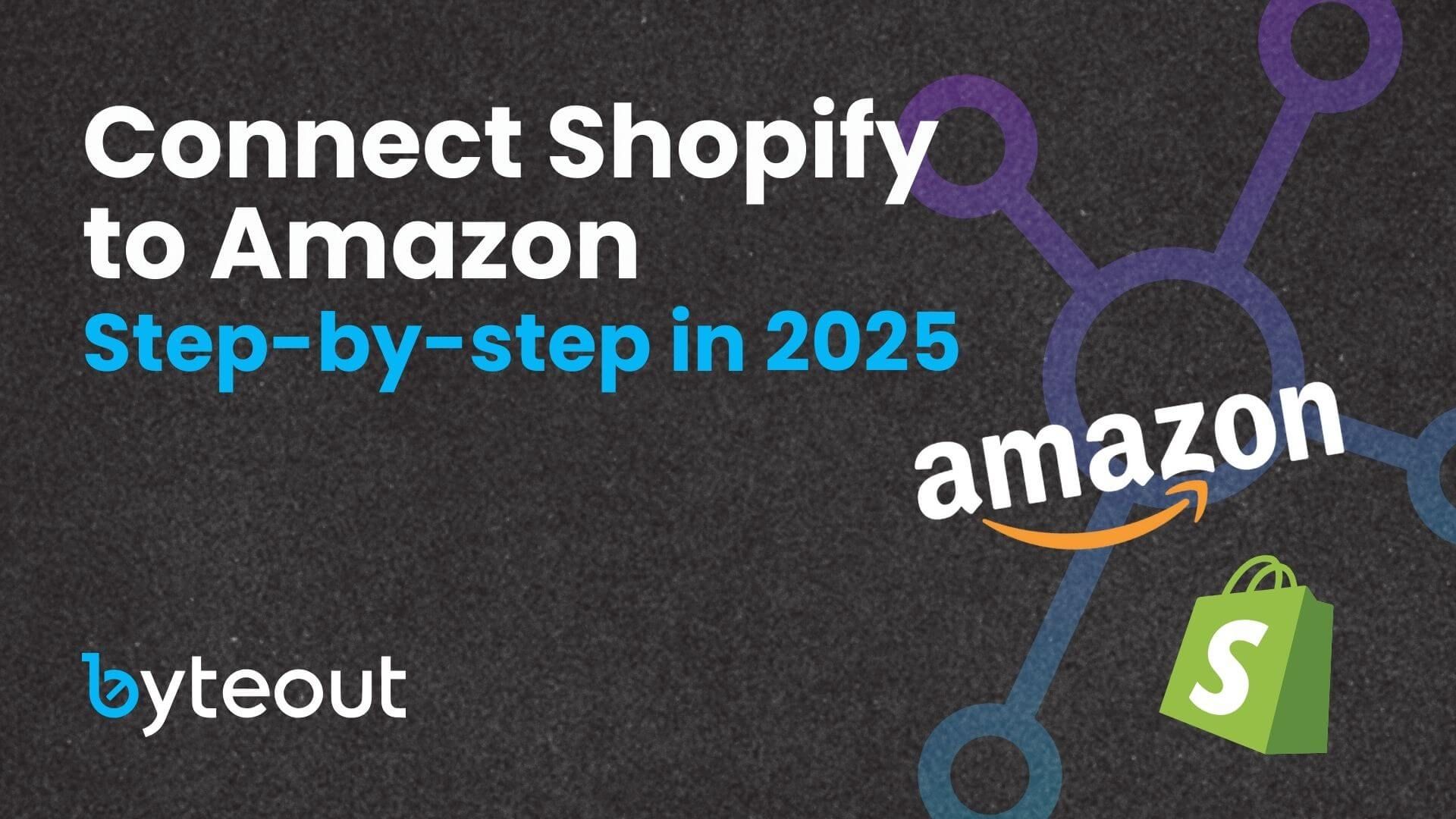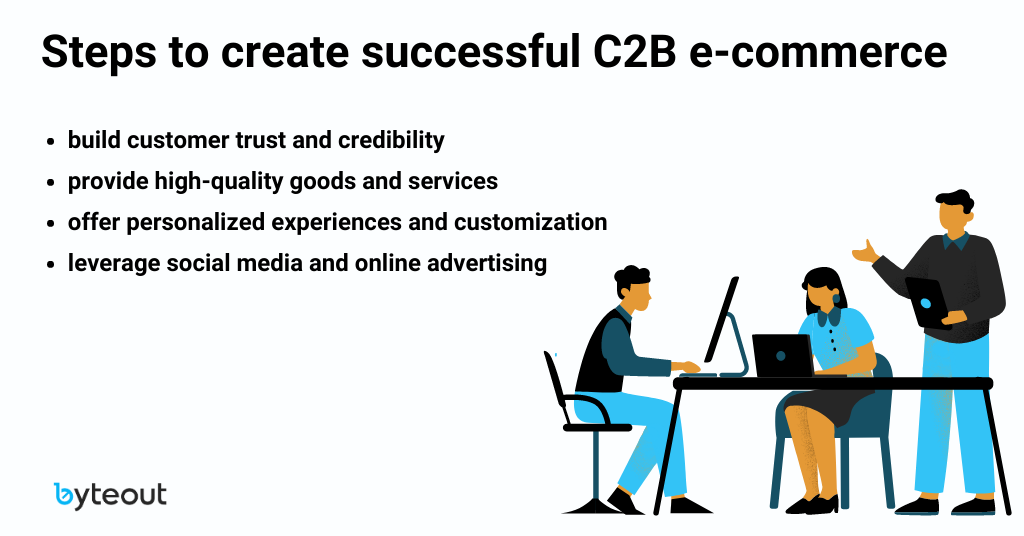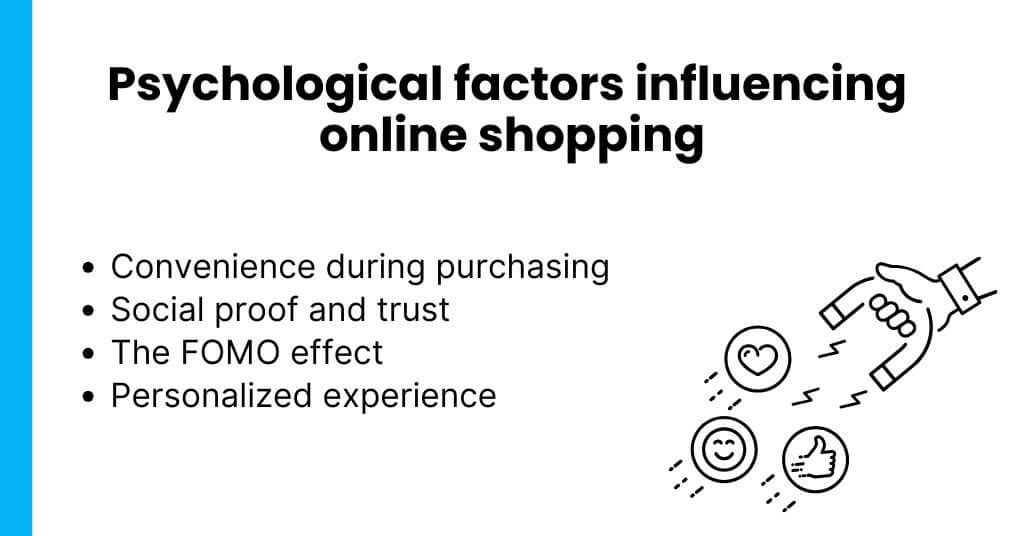
How to find and use the right AI tools for ecommerce
Automation, personalization, and data-driven decisions play the biggest role ever in ecommerce. With so many AI tools flooding the market, how do you choose the right ones for your ecommerce business and how to use them the right way for your case?
We had an awesome chat with Slobodan Manic – Sani who is an AI adoption specialist about this topic. Scroll down to see what we talked about!
Table of Contents
Don’t run away, adopt AI tools for ecommerce
AI is no longer a “nice-to-have” in ecommerce. It’s a must-have.
The industry is being reshaped by AI-driven technologies that help brands understand customers better, automate repeating tasks, personalize experiences and optimize workflows.
As Sani, the AI adoption specialist and the creator of the No Hacks podcast, said AI is changing the way products are discovered, but Google is still the king of the data graph, and Amazon controls 25% of all online retail.
The need to use AI tools comes from the fact that ecommerce is more competitive than ever. Brands need to constantly optimize their customer acquisition and retention strategies, and AI tools help with just that.
The first AI workflow to automate
When it comes to adopting AI in ecommerce, automating the review and feedback analysis workflow should be the first step. As Sani highlights, reviews are an untapped goldmine of information that can significantly impact product development and customer experience. AI tools are particularly well-suited to analyze customer reviews, pulling out key themes, positive or negative, related to specific product features.
By using AI to scan and categorize reviews, ecommerce businesses can quickly identify recurring customer concerns or praises. This means less time manually sifting through pages of feedback and more time using the insights to make meaningful improvements to your products and marketing messages.
Save time on manual review tracking
Automating the process of review analysis drastically reduces the hours spent manually reading through and categorizing feedback. Instead, AI can quickly process large volumes of reviews, pinpointing the most valuable insights and presenting them in an actionable format.
Gain insights to improve customer experience
The true power of AI comes from its ability to identify patterns and themes in customer feedback, helping businesses understand exactly what their customers value and where they need improvement. By continuously integrating this feedback into product iterations and marketing strategies, ecommerce businesses can offer a more personalized, satisfying experience for their customers.
How to spot AI tools for ecommerce worth your money
It’s easy to get caught up in the hype of the latest trends and flashy solutions. But, as Sani mentioned, the key to successful AI adoption is understanding the basics first. Concepts like agents, prompts, and integrations are important for grasping how AI can benefit your business.
Ecommerce companies should resist the temptation to jump on every new tool that promises instant results. Instead, it’s important to focus on selecting one solid AI tool that addresses a specific need (automation, customer service, data analysis…) and master it.
By starting with a tool that directly solves a problem, businesses can avoid spreading themselves too thin with tools that may look promising but ultimately fail to deliver. Once you’ve successfully integrated and utilized the tool to its full potential, you can then consider expanding to other AI solutions that build on your existing processes.
AI tools for ecommerce: adoption for smaller teams
Many ecommerce businesses believe that adopting AI requires a large team or a complex infrastructure. However, Sani emphasizes that AI adoption is entirely within reach for smaller teams. In fact, AI can be highly beneficial for smaller teams looking to streamline their processes and improve customer engagement without overwhelming their resources.
Even with a small team, businesses can harness the power of simple AI workflows to automate tasks like email responses, cart recovery, and personalized product recommendations. These are straightforward, high-impact areas where AI can make a huge difference.
Recommended AI Tools for ecommerce in 2025
To help you get started, here are some AI tools for ecommerce you can check out.
| Business size | Tool | Description |
| Small businesses | Klaviyo | AI-driven email marketing automation that helps businesses segment and personalize communications. |
| Omnisend | Easy-to-use platform for abandoned cart recovery and automated email flows. | |
| Mid-sized businesses | Tidio | AI-powered customer service chatbots that engage with customers 24/7, improving response times and customer satisfaction. |
| Drift | AI-powered live chat that helps businesses manage customer interactions and gather data for lead generation. | |
| Large businesses | Algolia | AI-powered search and product recommendations for large catalogs. |
| Dynamic Yield | Personalization platform using AI for product recommendations, dynamic pricing, and customer segmentation. |
Building custom AI tools for ecommerce needs
AI offers a huge potential for ecommerce businesses, but one of its most powerful aspects is the ability to build solutions to meet your unique needs. While many off-the-shelf AI tools can help streamline basic processes like email automation or customer service, custom AI solutions allow you to address very specific challenges that are unique to your business.
Sani mentions that the key to successfully building custom AI workflows starts with a deep understanding of the problem you are trying to solve. The solution should be a good fit specifically to your business’s goals. That’s why many ecommerce businesses are moving toward developing their own AI agents, or even hiring experts to design custom workflows that truly fit their needs.
Custom AI tools for ecommerce solve exactly what your business needs
While general-purpose tools can automate common tasks, they aren’t always flexible enough to address more specific challenges. Custom AI solutions allow you to design a tool that targets your exact business requirements. For instance, if your business needs to automatically categorize products or optimize pricing dynamically based on competitor data, you can design AI workflows that do just that, without paying for unnecessary features that won’t be used.
Amazon sellers looking to build their own DTC store can use AI for custom workflows like scraping competitor reviews or automatically updating product pages based on real-time customer feedback. If you’re looking to transition from Amazon and build a Shopify store that truly represents your brand, we can guide you through the setup and implement AI solutions that help you stay ahead – book a free 15-min call here.
The implementation process starts with defining the problem
Building a custom AI solution starts with identifying the problem. What inefficiencies exist in your current workflows? What tasks are time-consuming or manual that could benefit from automation? By first defining your problem, you can choose or build a tool that specifically addresses it.
Watch the full episode for expert insights and actionable tips on how AI can transform your operations and drive growth.
AI is transforming online shopping – start using AI tools for ecommerce
AI tools have the potential to transform your ecommerce operations. By focusing on solving specific problems, simplifying workflows, and integrating seamlessly into your current system, AI can drive efficiency and revenue growth for your business.
As ecommerce continues to evolve, those who adopt the right AI tools early will stay ahead of the competition. Start by identifying your needs, choosing the right tools, and optimizing them for growth.

Your Amazon store needs a partner
We build and grow your Shopify DTC business together with Amazon.
Find out how to own your audience and not depend only on Amazon high fees.
Author: Dusan Popovic
Our ecommerce nerds recommend reading

Best Amazon FBA course: Top picks for 2025

Connect Shopify to Amazon: Step-by-step in 2025

C2B e-commerce


